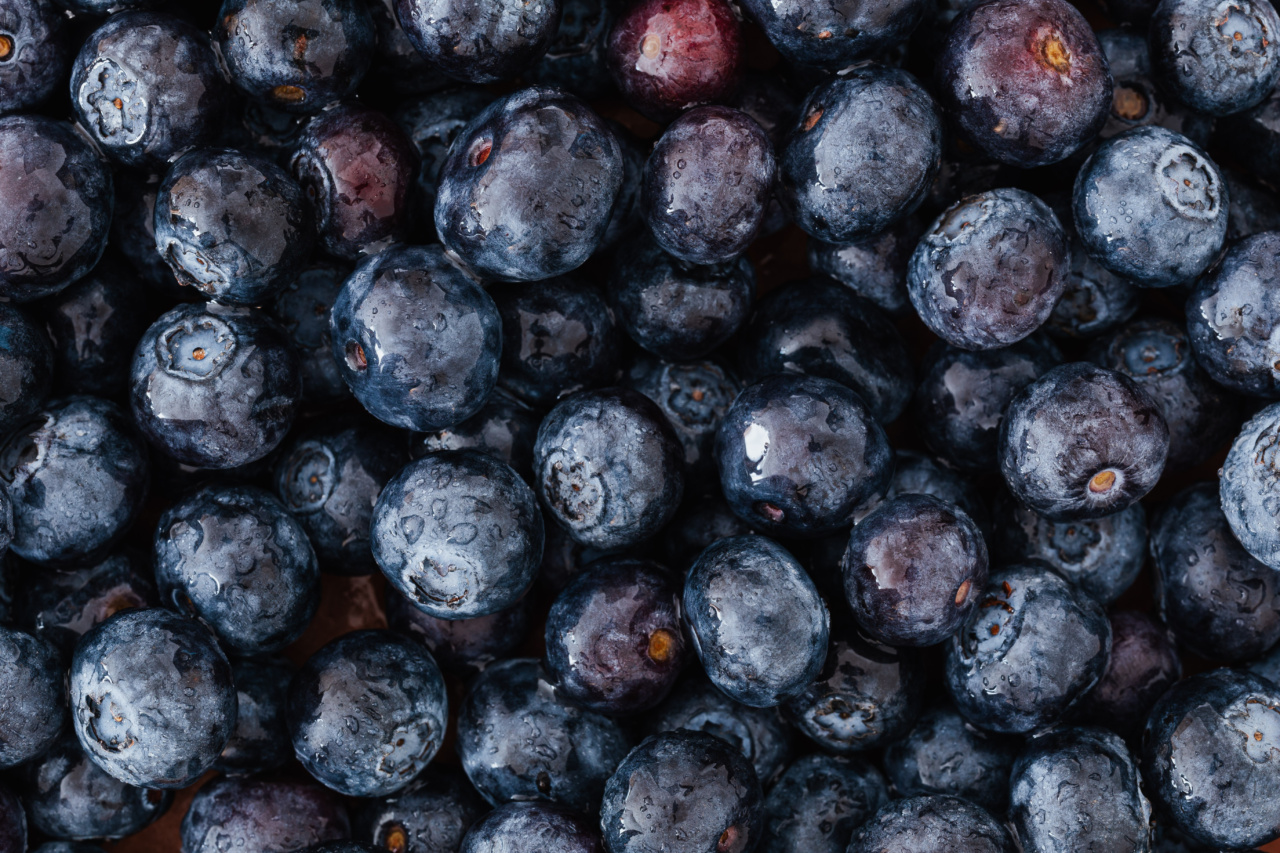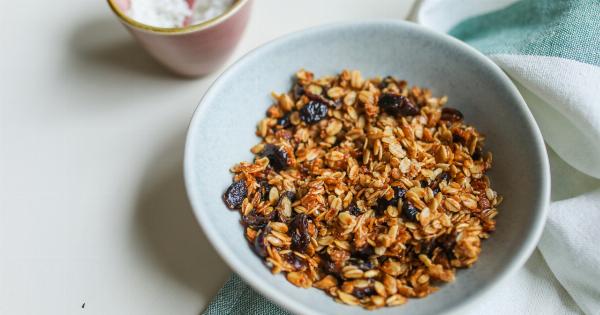Milk is a popular beverage consumed by people of all ages across the globe. While cow’s milk is the most common type of milk consumed, there are several other options available derived from various animals and plants.
Each type of milk offers a unique set of nutritional benefits, making it essential to compare them to make informed decisions about your dietary choices. In this article, we will explore and compare the nutritional benefits of milk from different animals and plants.
Cow’s Milk
Cow’s milk is the most widely consumed type of milk globally. It is an excellent source of essential nutrients, including protein, calcium, phosphorus, and vitamin B12.
The protein found in cow’s milk contains all the essential amino acids required by the human body, making it a complete protein. The calcium content supports the development and maintenance of healthy bones and teeth, while phosphorus contributes to energy production. Vitamin B12 helps in the formation of red blood cells and maintains the health of the nervous system.
Goat’s Milk
Goat’s milk has gained popularity in recent years due to its unique taste and potential health benefits. It is also rich in protein, calcium, and phosphorus, similar to cow’s milk.
However, goat’s milk has smaller fat globules and different protein structures, making it more easily digestible for some individuals. It is a good source of vitamin A, which promotes healthy vision, immune function, and cell growth and differentiation.
Sheep’s Milk
Sheep’s milk is known for its rich and creamy texture. It contains higher levels of fat, protein, and lactose compared to cow’s milk.
The fat content in sheep’s milk consists of a higher proportion of medium-chain fatty acids, which are easily metabolized and provide a quick source of energy. Sheep’s milk is an excellent source of vitamins A, D, and E, as well as calcium and phosphorus, supporting overall bone health and immune function.
Plant-Based Milk Alternatives
For individuals with lactose intolerance, dietary restrictions, or ethical choices, plant-based milk alternatives are a popular choice. These alternatives include soy milk, almond milk, oat milk, and coconut milk, among others.
Soy Milk
Soy milk is derived from soybeans and is an excellent source of plant-based protein. It contains all the essential amino acids, making it a valuable option for individuals following a vegetarian or vegan diet.
Soy milk is also rich in calcium, vitamin D, and iron, making it a suitable choice for individuals seeking these nutrients from a non-dairy source.
Almond Milk
Almond milk is made from ground almonds and water. It is low in calories and contains no cholesterol or saturated fats.
While almond milk is not a significant source of protein, it is naturally high in vitamin E, an antioxidant that protects cells from damage. Additionally, almond milk is fortified with calcium and vitamin D to provide similar benefits as cow’s milk.
Oat Milk
Oat milk is made by soaking and blending oats with water. It is a good source of dietary fiber and contains beta-glucan, a type of soluble fiber that helps lower cholesterol levels.
Oat milk is naturally sweet and is often fortified with calcium, vitamin D, and vitamin B12 to enhance its nutritional profile. It is suitable for individuals with nut and soy allergies.
Coconut Milk
Coconut milk is derived from the flesh of mature coconuts and has a rich and creamy texture.
While it is higher in saturated fat compared to other plant-based milk alternatives, the type of saturated fat in coconut milk is predominantly medium-chain triglycerides (MCTs). MCTs are easily digested and metabolized, providing a quick source of energy. Coconut milk is also a decent source of iron, magnesium, and manganese.
Comparison of Nutritional Content
When comparing the nutritional benefits of milk from various animals and plants, it is important to note that there can be variations in the composition and nutrient content within each category.
However, a general overview can help understand the relative differences.
Here is a table comparing the nutritional content of different types of milk per 100ml:.
| Milk Type | Protein (g) | Fat (g) | Carbohydrates (g) | Calcium (mg) | Vitamin D (IU) |
|---|---|---|---|---|---|
| Cow’s Milk | 3.2 | 3.6 | 4.8 | 120 | 40 |
| Goat’s Milk | 3.5 | 4.1 | 4.3 | 134 | 21 |
| Sheep’s Milk | 5.4 | 7.7 | 4.5 | 193 | 29 |
| Soy Milk | 3.2 | 1.8 | 2.0 | 120 | 85 |
| Almond Milk | 0.5 | 1.1 | 3.8 | 120 | 100 |
| Oat Milk | 1.0 | 1.5 | 3.7 | 120 | 56 |
| Coconut Milk | 0.6 | 5.5 | 2.8 | 16 | 0 |
Conclusion
When deciding which type of milk to consume, it is crucial to consider your nutritional needs and dietary preferences.
Cow’s milk, goat’s milk, and sheep’s milk are all excellent sources of protein, calcium, and other essential nutrients. Plant-based milk alternatives such as soy milk, almond milk, oat milk, and coconut milk offer viable options for those with lactose intolerance, dietary restrictions, or ethical concerns.
Each type of milk has its unique nutritional profile, so make an informed decision based on your individual requirements and taste preferences.






























